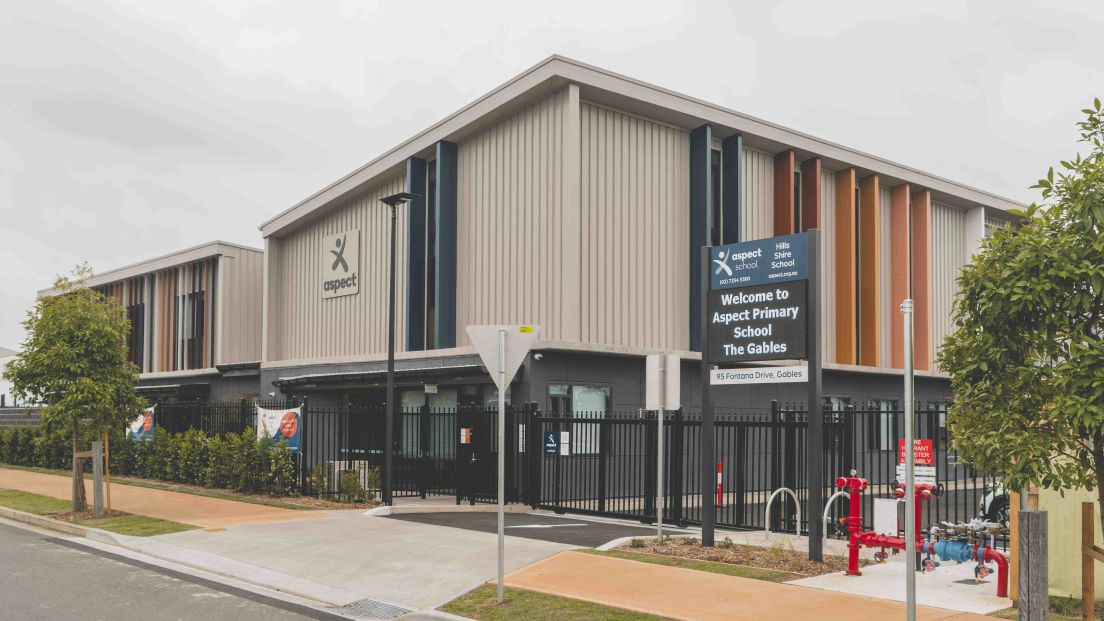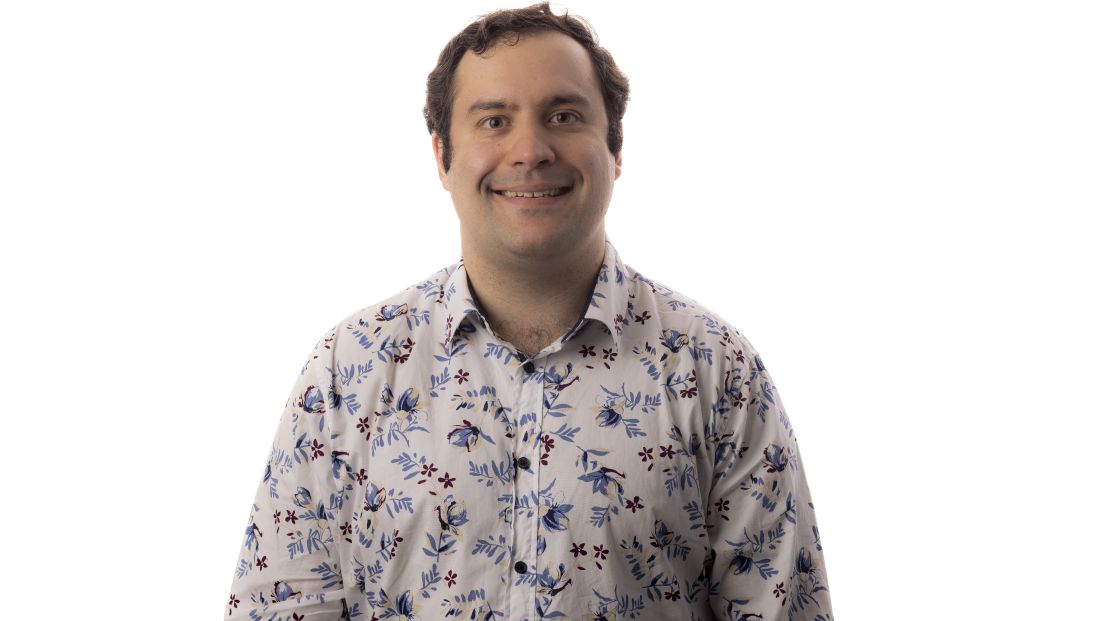Autistic community says autism is not a one-size-fits-all
Sydney, Australia: As the world acknowledges World Autism Awareness Day on 2 April, Autism Spectrum Australia (Aspect) has moved to change the wording to World Autism Understanding Day, in a bid to foster greater consideration and acceptance of autism and Autistic people.
As part of this globally recognised day, Aspect asked the Autistic community what they would most like others to know if they find out a person is Autistic.
Overwhelmingly, the most important message is that no two Autistic people are the same and that autism may not be what you think it is. It’s not a one-size-fits all and there is still misunderstanding and stigmatism in the public.
Jacqui Borland, CEO, Aspect said she applauds the change to World Autism Understanding Day because how we use language to talk about autism and Autistic people is so important.
“While World Autism Understanding Day is about celebrating the Autistic community, it is essential that we educate the wider public to ensure Autistic people feel comfortable about disclosing their disability and are supported,” said Ms Borland.
“We know that only a minority of Autistic people share their diagnosis because of how it may be perceived, so we want to help people understand how to respond if a person shares they are Autistic and how to create an inclusive space for them.”
“One member of our focus group described life on the autism spectrum as being like a duck swimming on the water. On the surface, everything looks calm and easy-going, but underneath, they are working so hard to try fit in, which can be exhausting.”
“The more our wider community understands what life on the autism spectrum can feel like, the more likely it is they will know what environmental adjustments and language will make a difference for colleagues, friends, clients and relatives.”
According to research conducted by The Aspect Research Centre for Autism Practice (ARCAP) into autistic disclosure, the key responses that are helpful for the Autistic person who shares their diagnosis include:
- Make me feel welcomed and valued
- Thank me for sharing my Autistic diagnosis
- Ask me how I experience autism
- Ask me for resources about autism
- Make me feel understood and heard
Ms Borland added that building a more inclusive environment is up to all of us. “The onus must not sit purely on the Autistic person to ‘fit in’ but creating supportive environments for neuro-divergent people is a positive step we can all take, and this can simply start with a shift in our language and the way we respond to a disclosure.”
Following the ARCAP study into disclosure, two guides have been developed containing practical advice for both Autistic adults and non-Autistic people to learn more. They are available at: https://www.autismspectrum.org.au/about-autism/our-research/our-research-program/disclosure
For more information: Karen Keech karen@establishedpr.com.au 0411 052 408
About Autism Spectrum Australia (Aspect)
Autism Spectrum Australia (Aspect) is Australia’s largest autism-specific service provider, with one of the world’s biggest evidence informed autism-specific school programs. A not-for-profit organisation, we work in partnership with people of all ages on the autism spectrum and their families to deliver distinct services, practices and research that recognises – a different brilliant – understanding, engaging and celebrating the strengths and interests of people on the autism spectrum.



